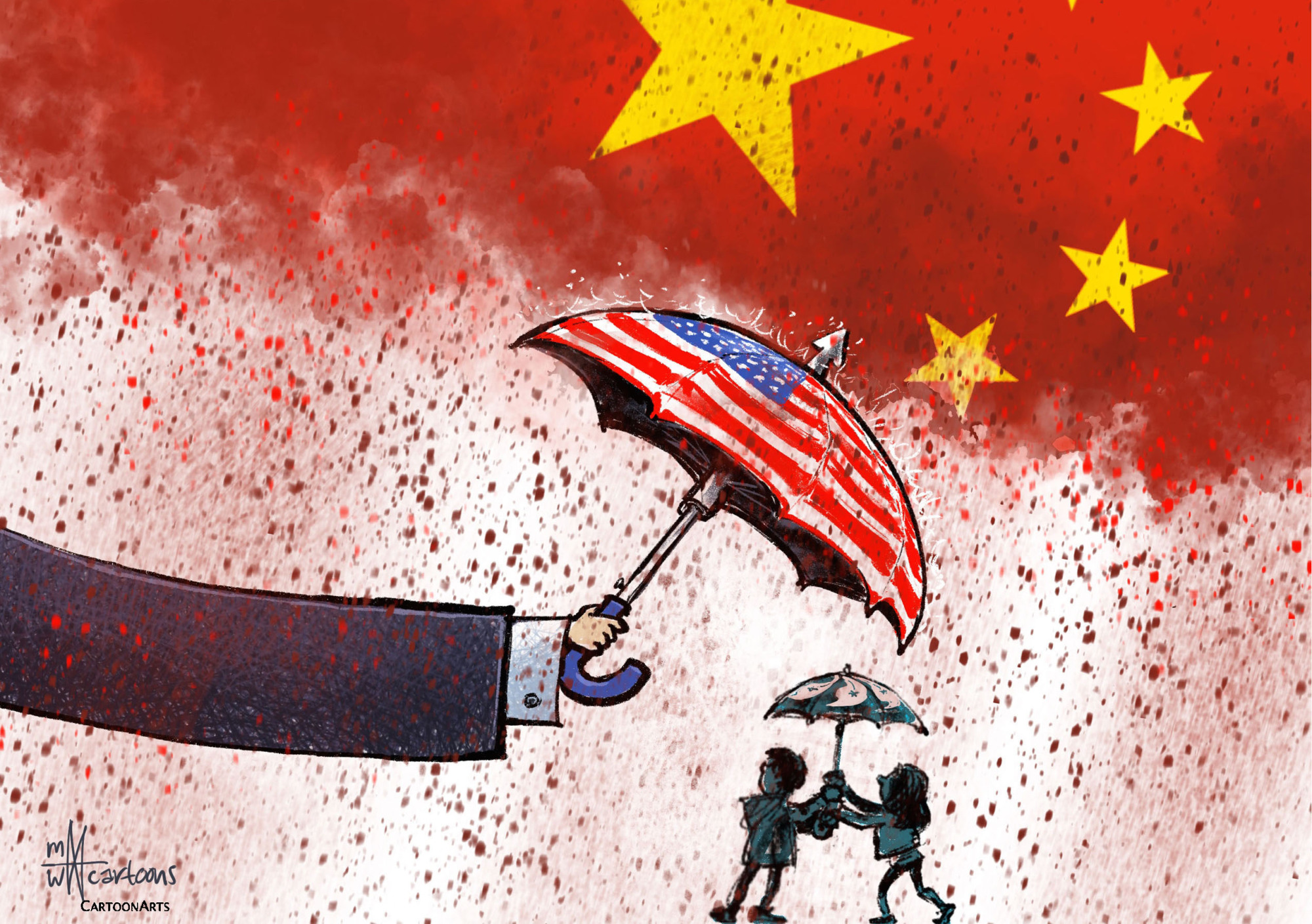Six months of civil unrest in Hong Kong has, obviously, created a crisis for the Chinese government. Less obviously, it has created a real conundrum for the U.S. government.
At the end of November, in an overwhelming election victory for the opposition, nearly 90 percent of district council seats went to resistance candidates. While that body has little real power, the symbolic value was significant. And on Dec. 9, an estimated 800,000 residents turned out to protest — reversing a gradual string of less-massive demonstrations since they began in June — which is stunning given that Hong Kong's population is only around 7 million. The protesters have coalesced around their "five demands," and they don't appear to be backing down.
Beijing is maintaining a relatively low-key approach, likely hoping the protesters will gradually lose interest and antagonize the broader Hong Kong population. Chinese leaders don't want to trigger significant Western sanctions, or to alienate pro-Chinese parties in Taiwan — a far bigger and less-certain prize — before next month's presidential election.



